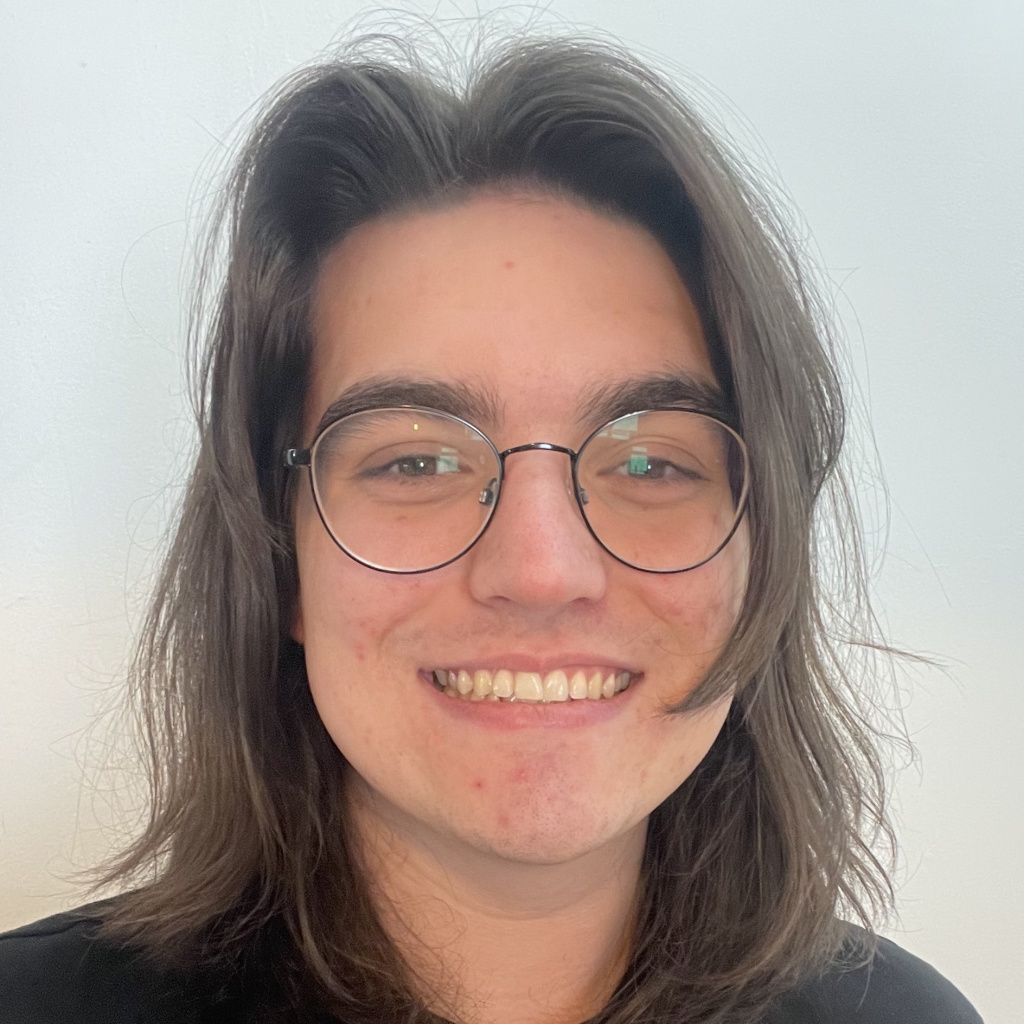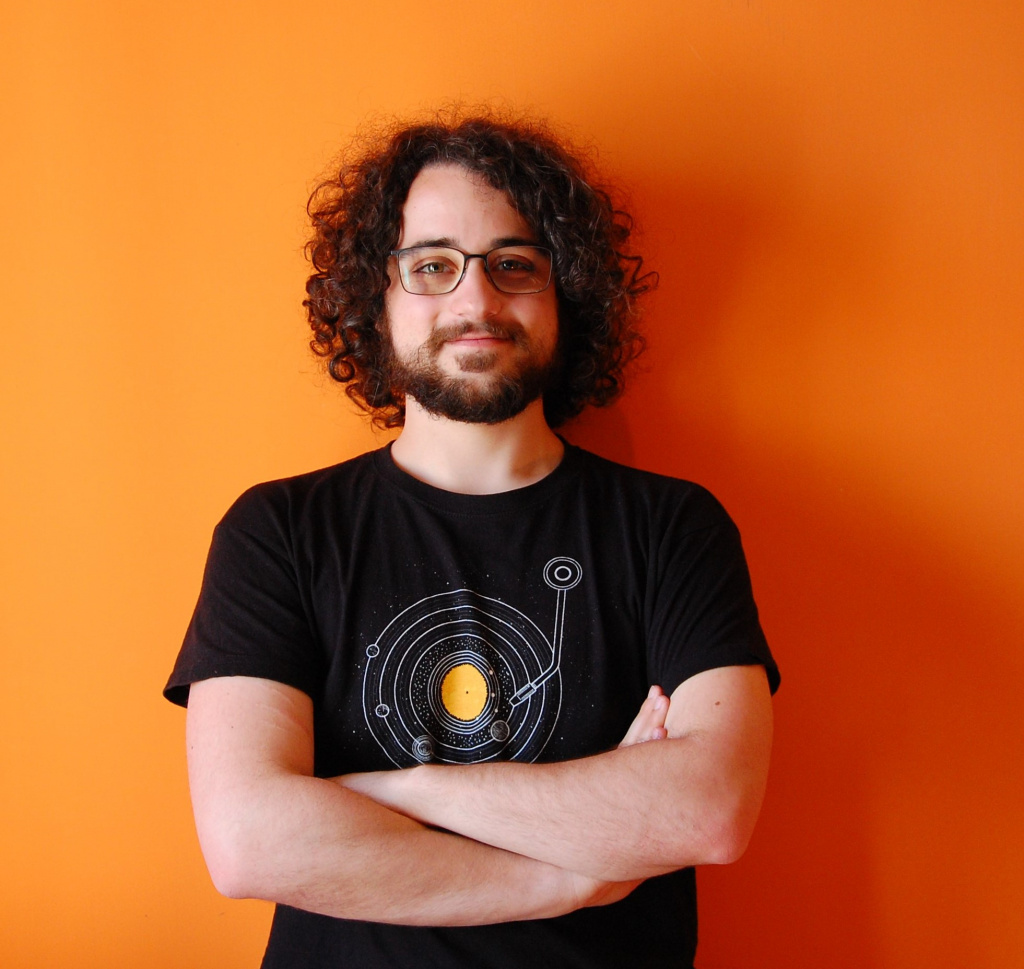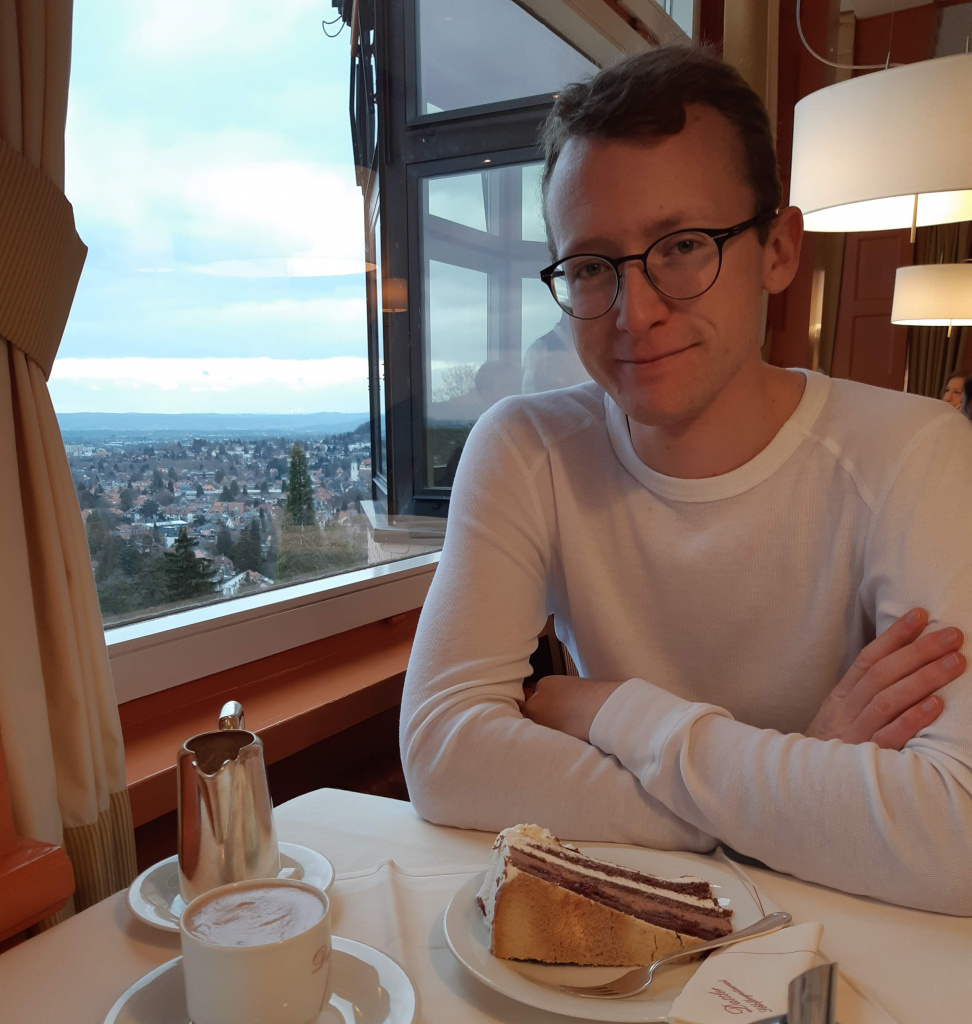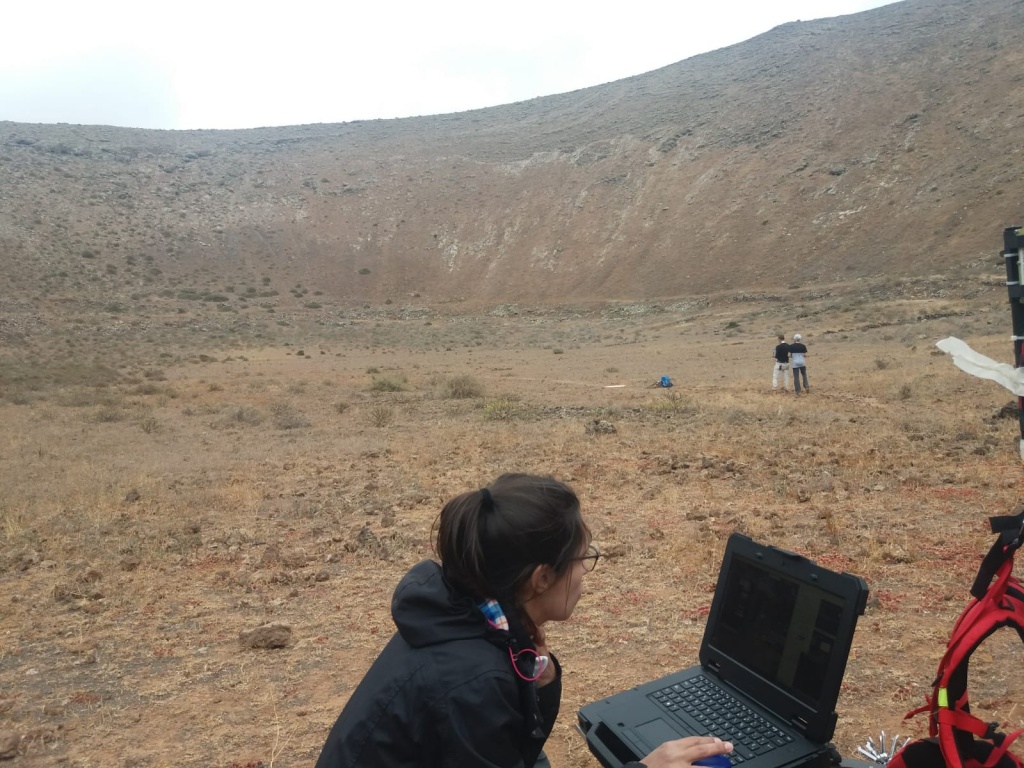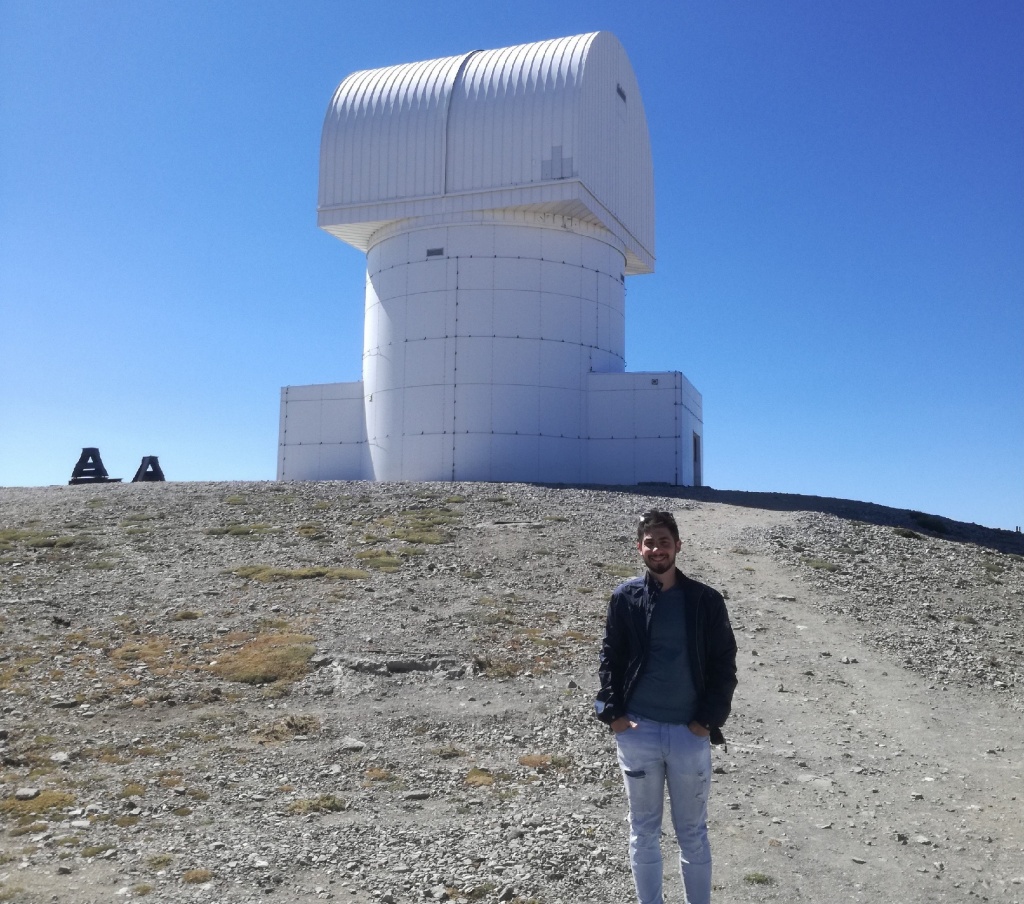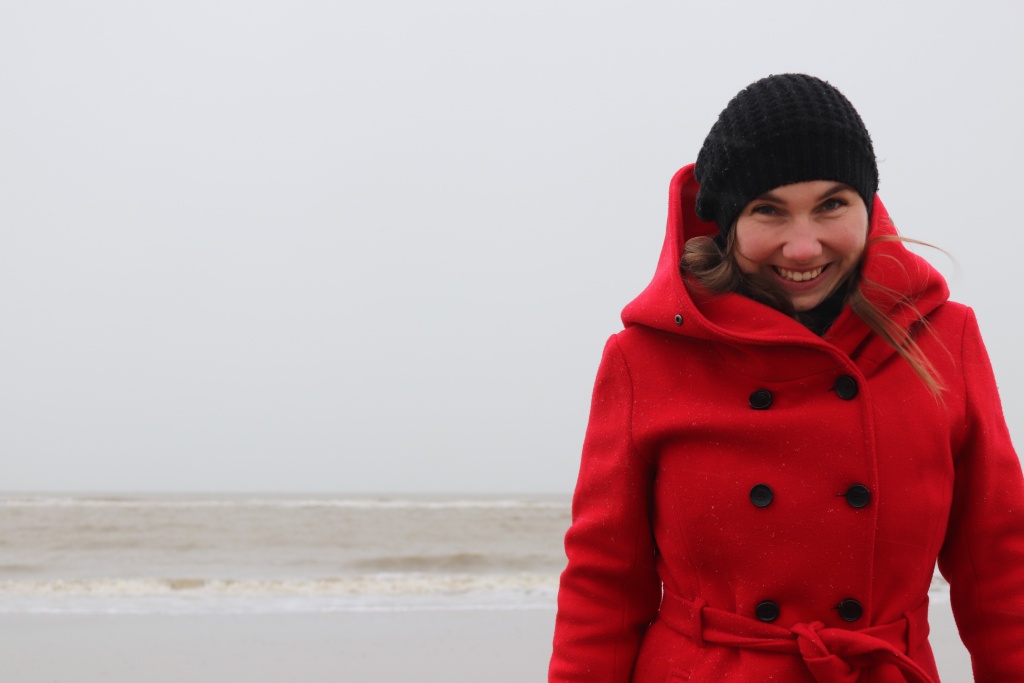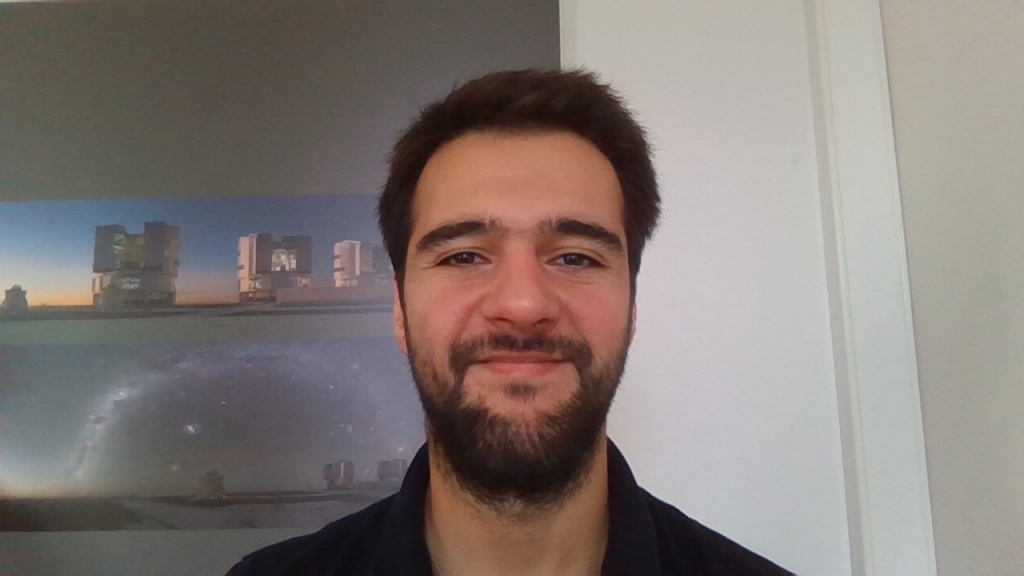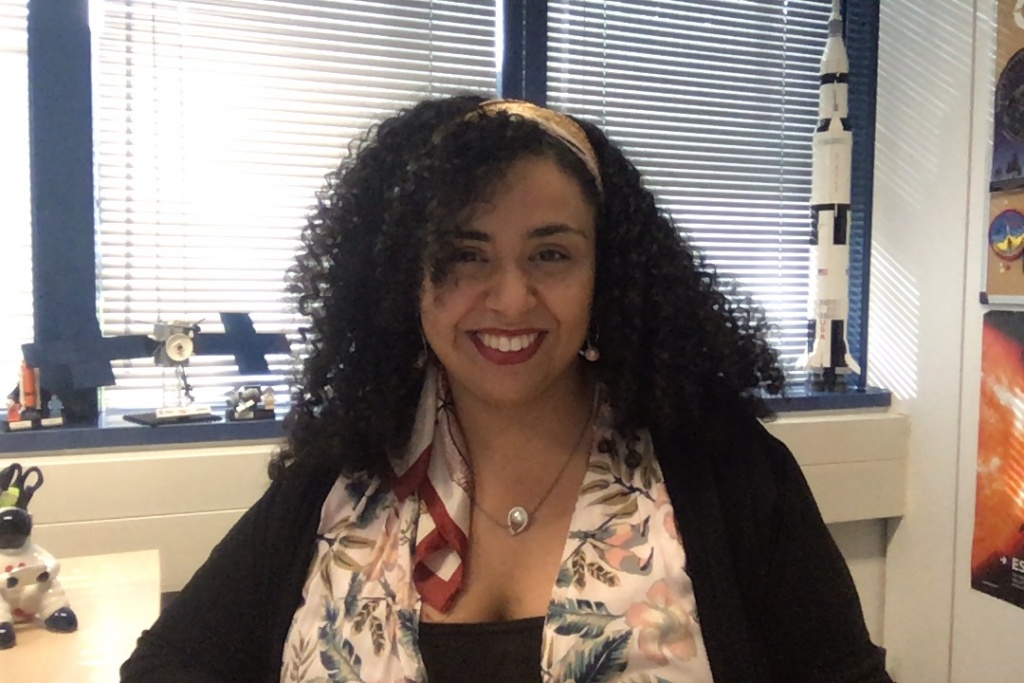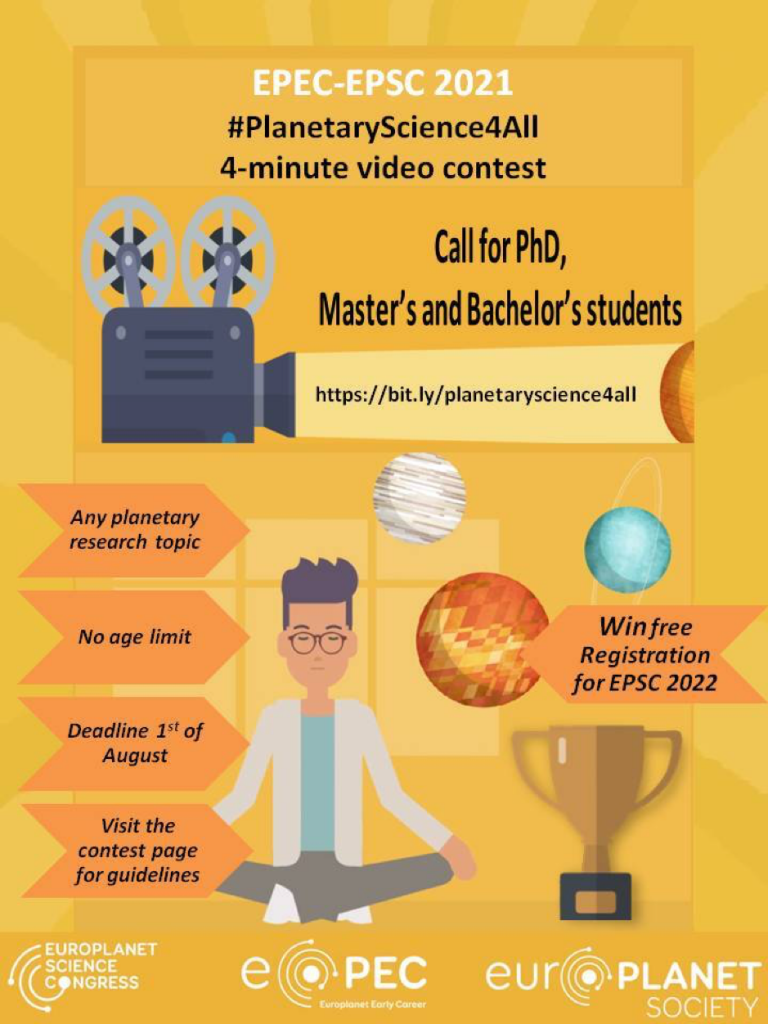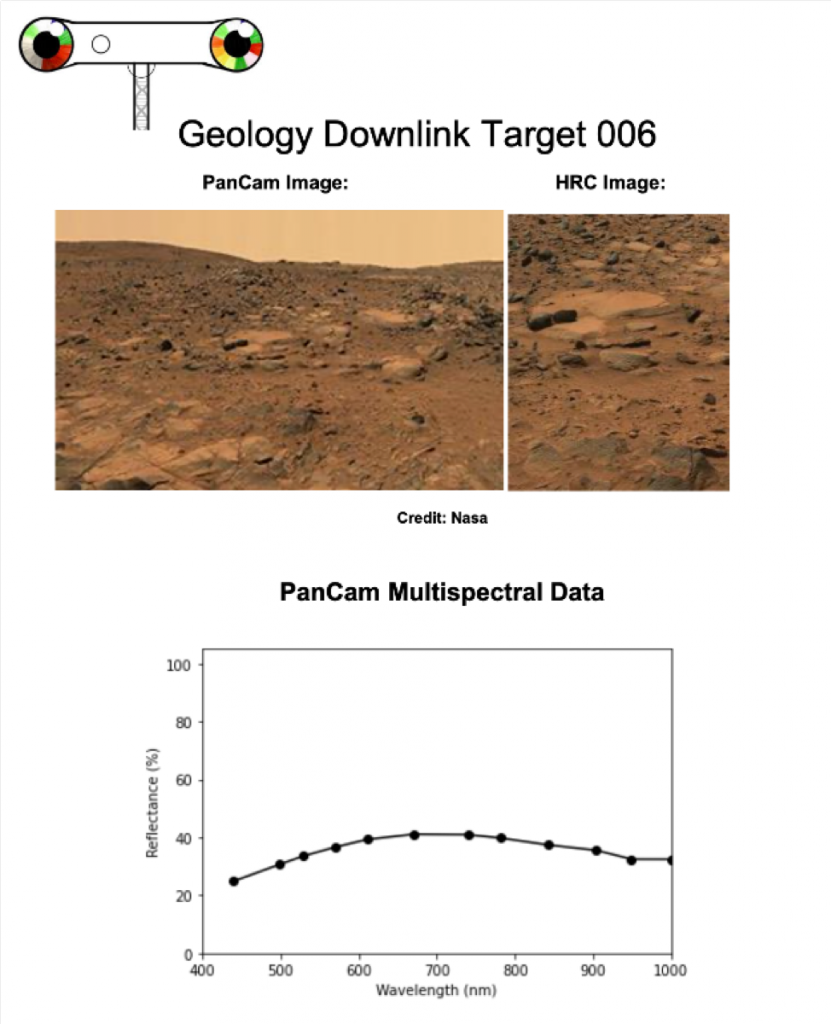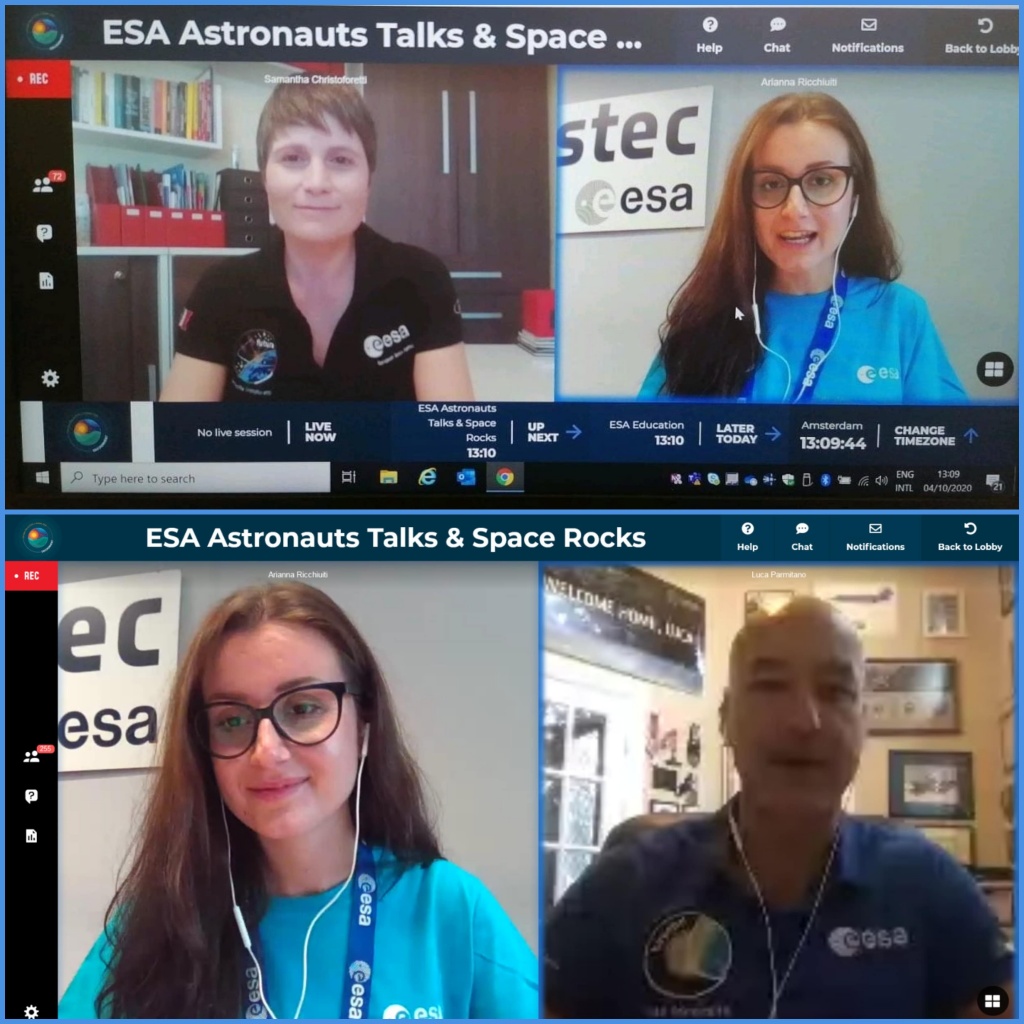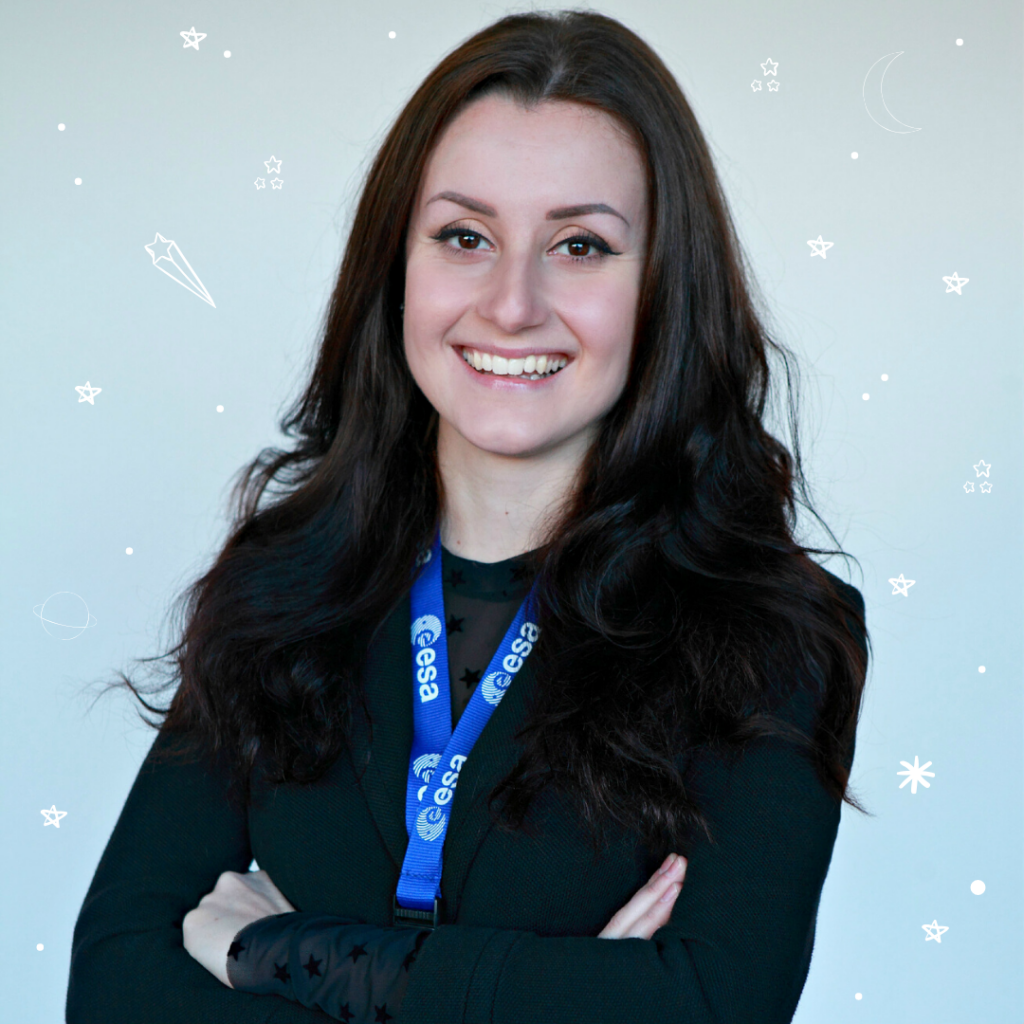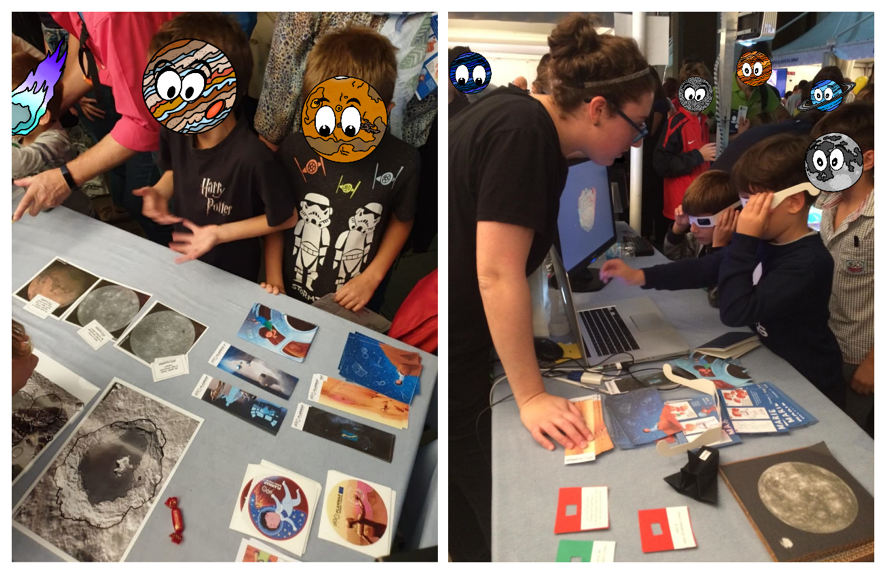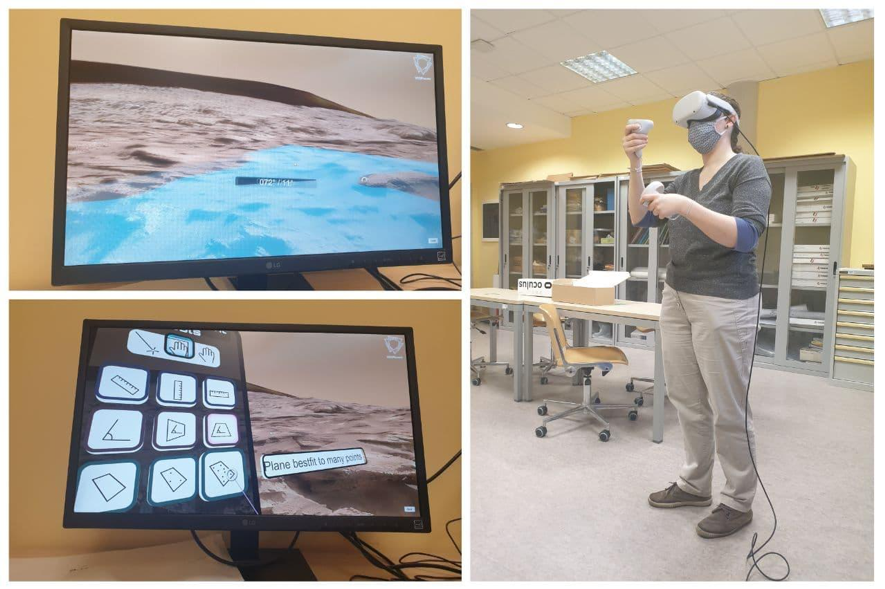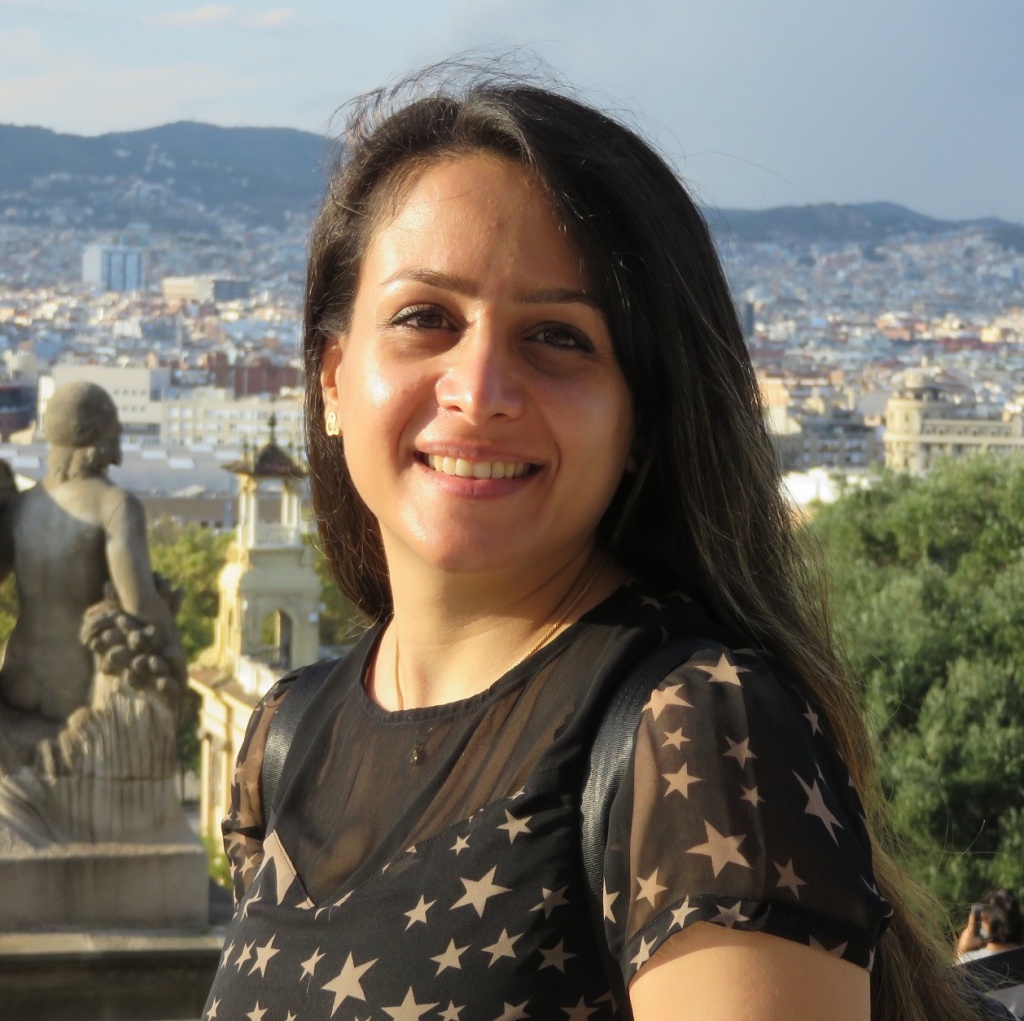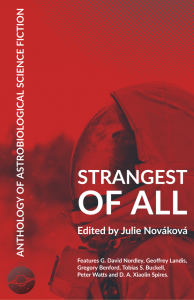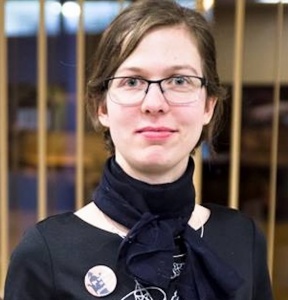Call for Applications for Europlanet Early Career (EPEC) Committee Co-Chair
The EPEC network is organised by early-career researchers, for early-career researchers, and includes volunteers from across the Europlanet international community, with the support of the Europlanet Society. The focus of EPEC is to form a strong network among young professionals by organizing early-career-relevant events and by engaging in different projects through Working Groups (WGs).
The EPEC Committee, composed of all the WG Co-Chairs, is led and coordinated by two Chairs whose duty is to make sure all the working groups are working nominally, fill periodic reports on ongoing activities, and liaise with the Europlanet Society Executive Board.
The Chair of the EPEC Committee plays a key role in bringing the WGs and their activities together, making key decisions that benefit the EPEC network as a whole, encouraging new and innovative ideas, and expanding the Early Career Network.
The EPEC Committee is looking for one elected Committee Co-Chair for the next term to help sustain the Committee activities. The term of the elected EPEC Committee Co-Chairs will be two years with an option to extend for an additional year. The expected time commitment of the elected EPEC Chair is approximately two hours per week averaged over one year. However, an increased commitment is expected during the EPEC Annual Week and the run-up to EPSC.
This is a great opportunity to join a vibrant community of early career researchers and learn leadership and managing skills alongside an experienced Co-Chair who can help you make the most of this experience. The Europlanet Society is a developing community that values its early career members and can help raise their profile in a supportive environment.
Key responsibilities of the elected EPEC Chair:
- Liaising with WG Chairs and keeping up-to-date with EPEC WG activities
- Engaging in the EPEC forums on WG activities and discussions
- The EPEC Committee Chair acts as the main contact person with the Europlanet Society Executive Board
- Represeningt EPEC at EPSC (General Assembly) and at the EPEC Annual week
- Writing twice yearly reports on EPEC Committee activities (with help of WG Chairs)
- Guaranteeing smooth transition with the next EPEC Committee Chair*
*In case the Co-Chairs need to leave EPEC, they should give enough notice to organise the transition
Eligibility to apply:
The candidates for the EPEC Chair position must fulfil the following requirements:
- The candidate must be a member of the Europlanet Society
- Leadership: You will work with a diverse community and need to make sure all points of view are heard and respected, but if needed you and the other Co-Chair are expected to move the needle towards the best decision for the network;
- Weekly availability on Slack: EPEC uses Slack as the main platform for brainstorming and exchange. You should check new messages at least twice per week;
- The candidate must be an early-career planetary scientist and/or space professional whose last degree (e.g. MSc or PhD) was obtained a maximum of 7 years ago (excluding parental leave, serious illness, and similar delays).
We encourage applications from a diverse early career community (undergraduates, graduates, doctoral researchers, and postdocs)!
How to apply:
If you are interested to become EPEC Co-Chair, please submit your application via the form below by 8th September 2023.
After the deadline, the EPEC committee will meet for a discussion, and will then proceed with a formal vote among the candidates.
The new Co-Chairs will be announced at the joint EPSC-DPS meeting, taking place in San Antonio (TX) between the 1st and 6th of October 2023.

